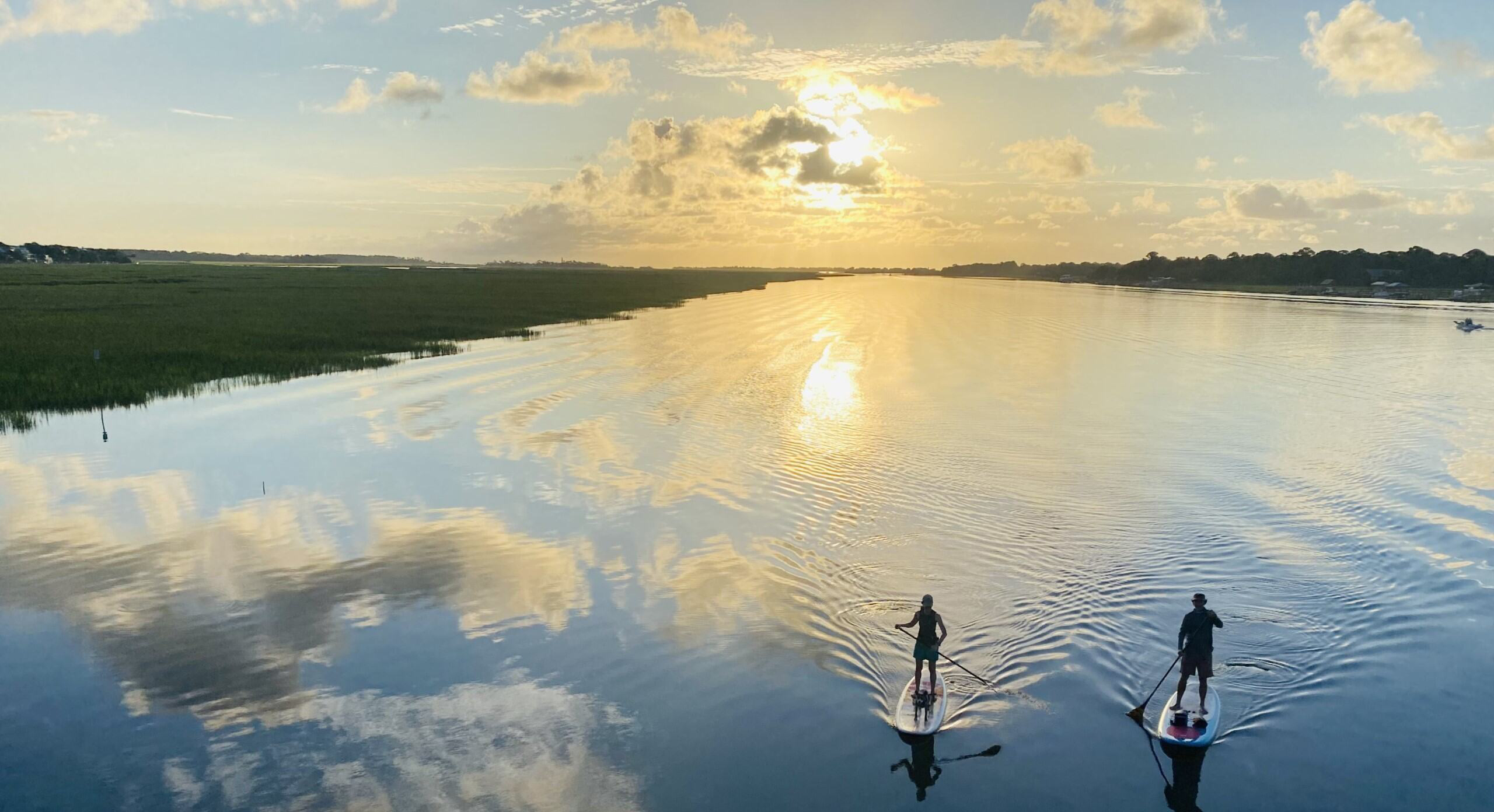
Swimming in the ocean or one of South Carolina’s lakes and rivers is a great way to cool off during the hot summer months. However, outdoor activities in a natural waterbody can pose some risks, so it’s important to be aware of steps you can take to protect yourself and others.
Natural waterbodies aren’t chemically treated like swimming pools, so there is always a risk of coming into contact with potentially harmful bacteria, viruses and other organisms. The health effects from exposure to these bacteria, viruses and other organisms can vary greatly. SCDES performs regular testing of our state’s ocean water, lakes and rivers for certain bacteria and viruses to help monitor water quality to keep you informed. Learn more below.

